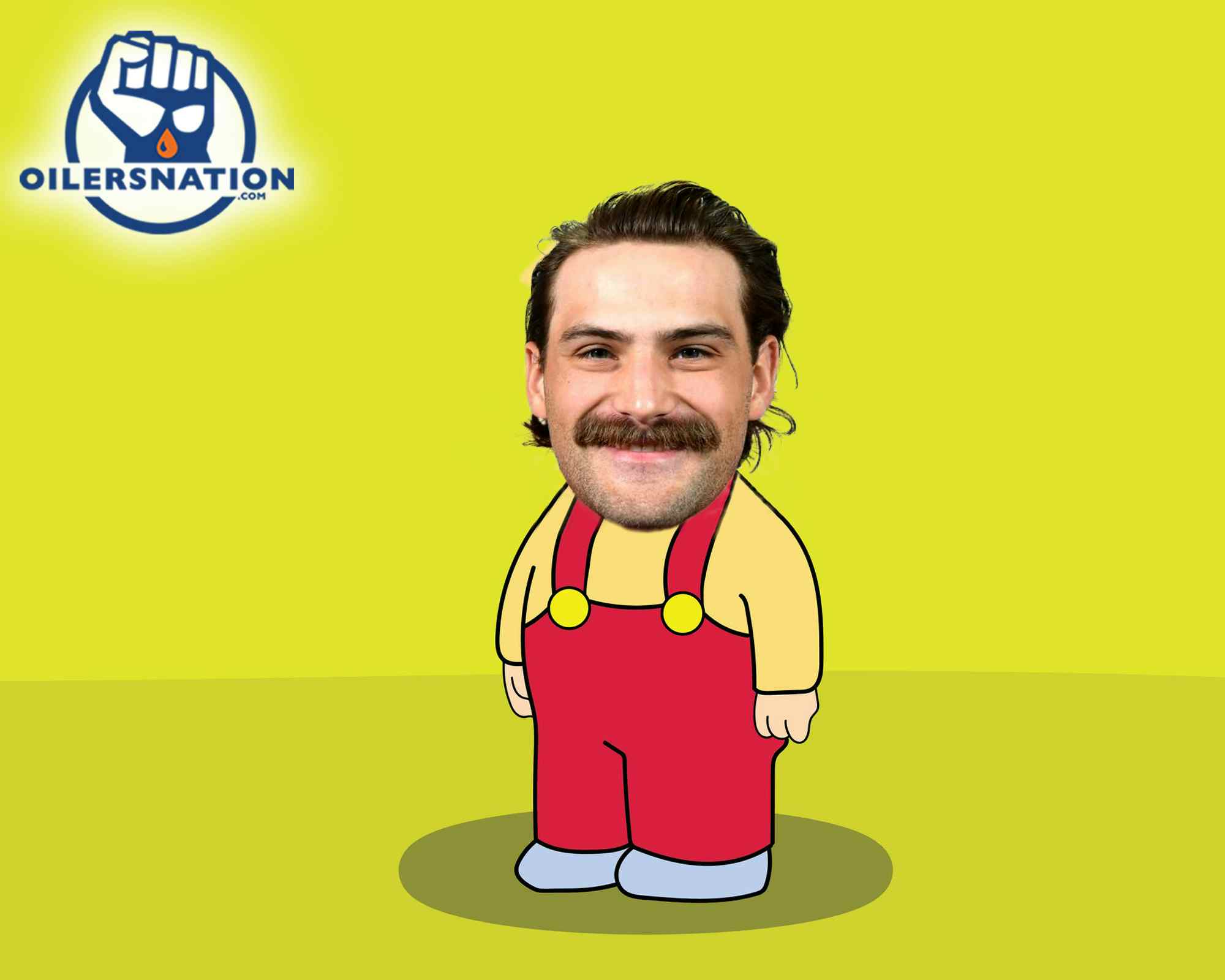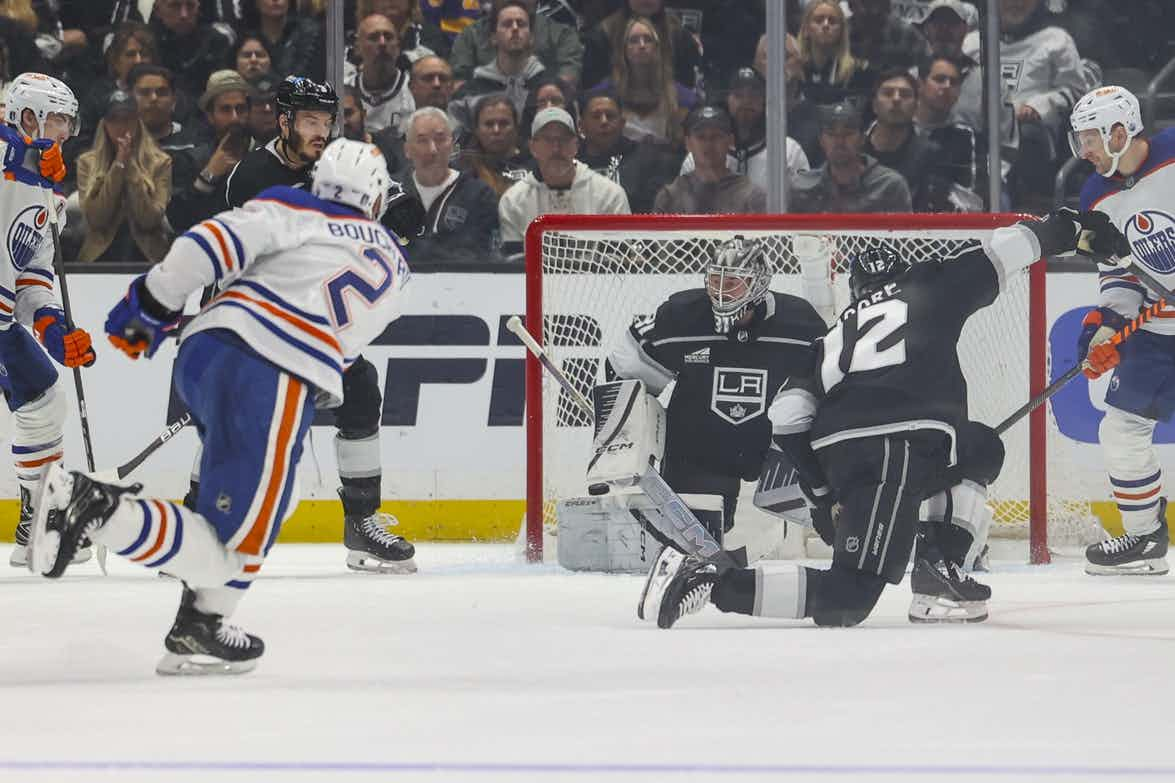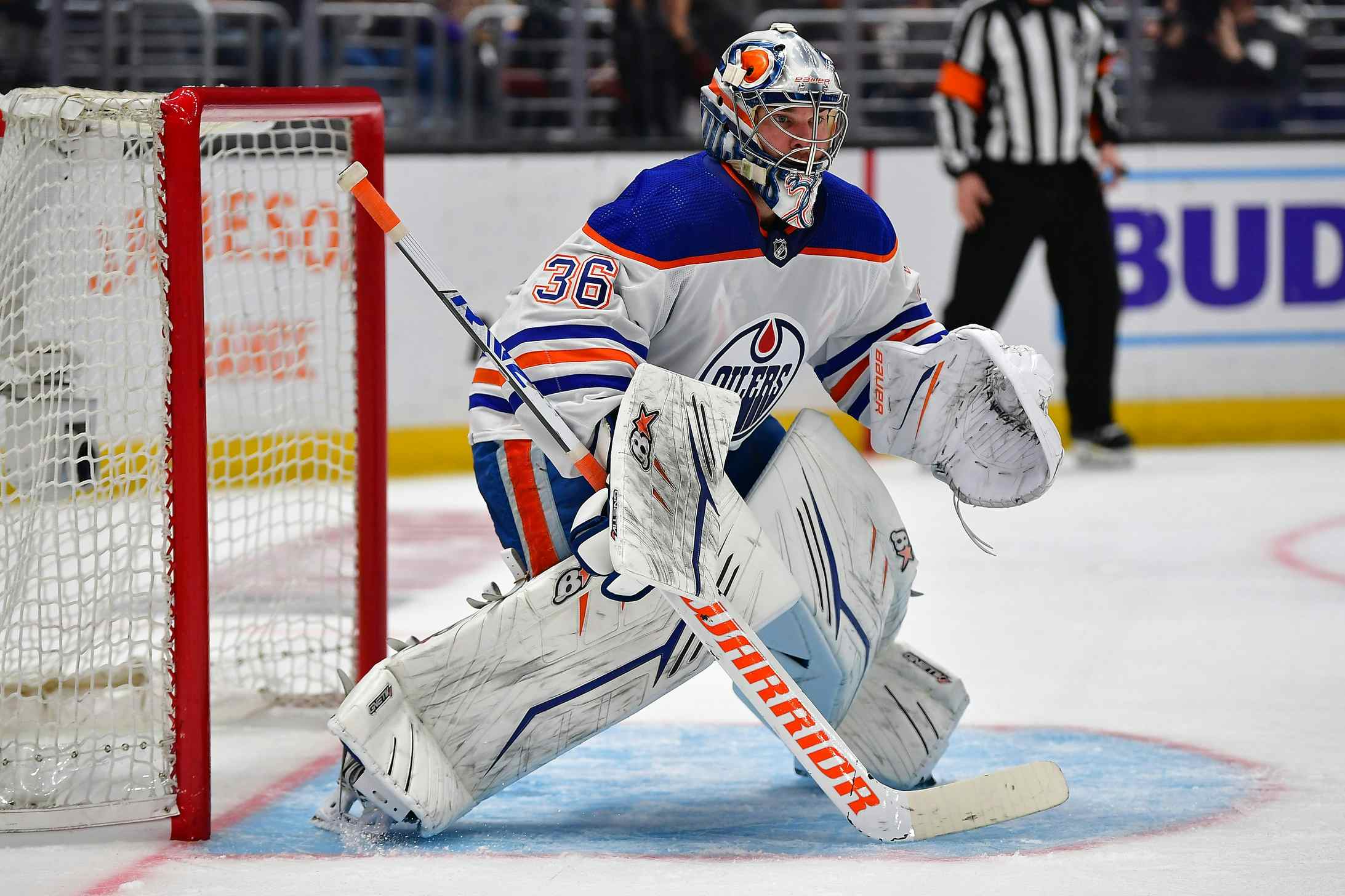NATION PROFILE: GLENN ANDERSON
By Lowetide
11 years ago
The truth is that Glenn Anderson was the most electrifying of the Boys on the Bus. Electrifying–hell, he was frightening! Flying down the wing with abandon, sticks, goalies, gloves and the net all at risk. Glenn Anderson had. no. fear.

BEFORE THE DRAFT | |||||||||||||||||||||||||||||||||||||||||
| |||||||||||||||||||||||||||||||||||||||||
| |||||||||||||||||||||||||||||||||||||||||
PRE-DRAFT AWARDS AND HONORS 1977-78: Played one game for New Westminster (WCHL) team that went on to win Memorial Cup, but was not with team in postseason. |
courtesy hockey draft central
—
- Barry Fraser draft day scouting report: "He’s very quick, probably the second best player there other than (U of Alberta D) Randy Gregg." "There" was Olympic training camp in Calgary.
- Anderson played 7 games for the Seattle Breakers (WHL) before joining the Canadian National Team for 79-80 under coach Marshall Johnston. Anderson had a strong season, including a feature role on the Olympic team, and considered returning to the Denver (NCAA) and coach Johnston for 80-81. Anderson didn’t sign and join the Oilers until very late–September 11, 1980. The contract was rumored to be for 3 years and $180,000, but Anderson quipped "economics doesn’t make every person happy."
- Lorne Davis, Oilers chief western scout fall 1980: "He’s got the speed of Guy Lafleur. But the thing about Anderson is he’s powerful, too. Sometimes he’ll skate right over a guy. I’d say he was the best player on either the Canadian or US Olympic teams." That USA Team was loaded.
EARLY CAREER

Very early in his NHL career, Glenn Anderson established himself as an exciting, rambunctious player. Because of his famous moves–driving to the net while increasing speed–he became a target and public enemy number one. His most famous altercations were with Billy Smith, who famously swung his stick and engaged in all kinds of antics–including a shameful display spring 1983–but Anderson kept on coming.
An enigmatic personality–I don’t know that he ever fit in with the carefree, "young kids having fun" image of the Boys on the Bus–Anderson was an extremely effective hockey player. When paired with Mark Messier, the duo emerged as an exciting combination and were extremely difficult to defend for opposition clubs.
Anderson was a very consistent scorer. By season from the beginning of his career, he scored 30, 38, 48, 54, 42, 54, 35 and 38 goals. He was also consistent in the post-season, and holds several post-season records.

MEMORABLE MOMENTS
- Member of Oilers "Boys On the Bus" team, a storied group that wreaked havoc on the NHL for a decade. He was a member of all 5 Stanley teams, and was also a member of the "Oilers East" edition that won in Manhattan 1994.
- As a rookie, played on a line with Mark Messier and veteran Finn Matti Hagman.
- Scored one of the team’s most famous goals–the 1987 G7 goal at 17:36 of third period in Game 7 vs. Philadelphia on May 31, 1987. The entire city of Edmonton had been holding their collective breath, and the release of that moment may well be the most memorable story in team history. Kurri had scored the Cup winner at 14:59 of the second to put Edmonton ahead 2-1, and Edmonton did an admirable checking job from then on. The Anderson goal ignited the celebration.
- Suffered numerous injuries during his career, owing mostly to his rambunctious style and lack of fear. Knees, chest, nose–the grille took a beating.
- Although not as filthy as Messier, Anderson had his own list of offenses. Stick swinging suspensions (Dave Silk), fines for fighting (a bizarre item involving Tomas Sandstrom’s cheekbone) and the Billy Smith saga are perhaps the most famous examples.
- Beginning in 1994 with the lockout and through the remainder of his career, Anderson spent time playing in Europe. Finland, Germany, Italy and Switzerland were all stops for Anderson 1994-1997 (and he played some in the NHL during those years, too).
- Anderson was an unusal personality. Hard to explain, but he ran counter in opinion and action compared to his more traditional teammates. Perhaps the most unusual fact about Anderson are his 498 career goals. He certainly would have had a chance to join a team and score 2 more, but he passed on the opportunity.
- Glenn Anderson was among the most exciting performers to ever play the game. Anderson in full flight was a sight to see, unless you were the goalie at the other end.
- Despite all the success, Anderson could be caught daydreaming and much of his career is sprinkled with commentary similar to that of Paul Coffey.
- Glen Sather: "He was the kind of player who, the bigger the game, the better he performed."
KAMIKAZE
TRADE
Oilers dealt Anderson with Grant Fuhr and Craig Berube to Toronto for Vincent Damphousse, Scott Thornton, Peter Ing and Luke Richardson, September 19, 1991.
LEGACY

Anderson launched himself at the net on rushes, using his balance to stay upright even with defenders hanging from him. He was consistently near the top of the NHL in scoring and thrived in the playoffs, scoring overtime winners and game-clinching goals in each of the Oilers five marches to the Stanley Cup between 1984 and 1990. Anderson’s approach to the sport was ideologically different than that of many of his peers. More European in outlook, he never missed a chance to play in international competitions.
(courtesy HHOF)
GZOWSKI
"Number 9 is Glenn Anderson, still another vaunted rookie – perhaps too vaunted. At Lake Placid last year, Anderson was the most exciting player on the Canadian Olympic team, and when the Oilers signed him to a professional contract this summer, the scout who’d followed him made a flattering comparison between his speed and that of Guy Lafleur. Sather reacted vehemently, but the comparison had already been published. Still, if anyone can handle the pressure that kind of comparison entails, it is Anderson. He is fey. He comes either from Vancouver, as his birth records show, or from another planet; he seems incapable of giving a straight interview – he doesn’t take the process seriously enough. He told the Oilers publicity department that his childhood idol was Wayne Gretzky, who is younger than he is. He has told other reporters that he dropped out of boyhood hockey because his feet got cold."

Recent articles from Lowetide





